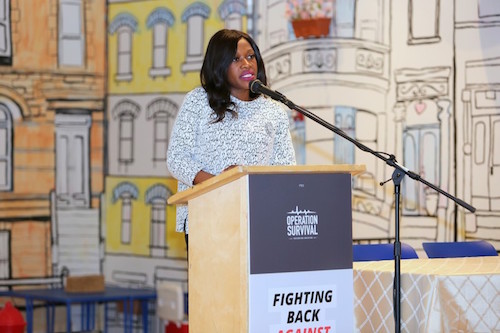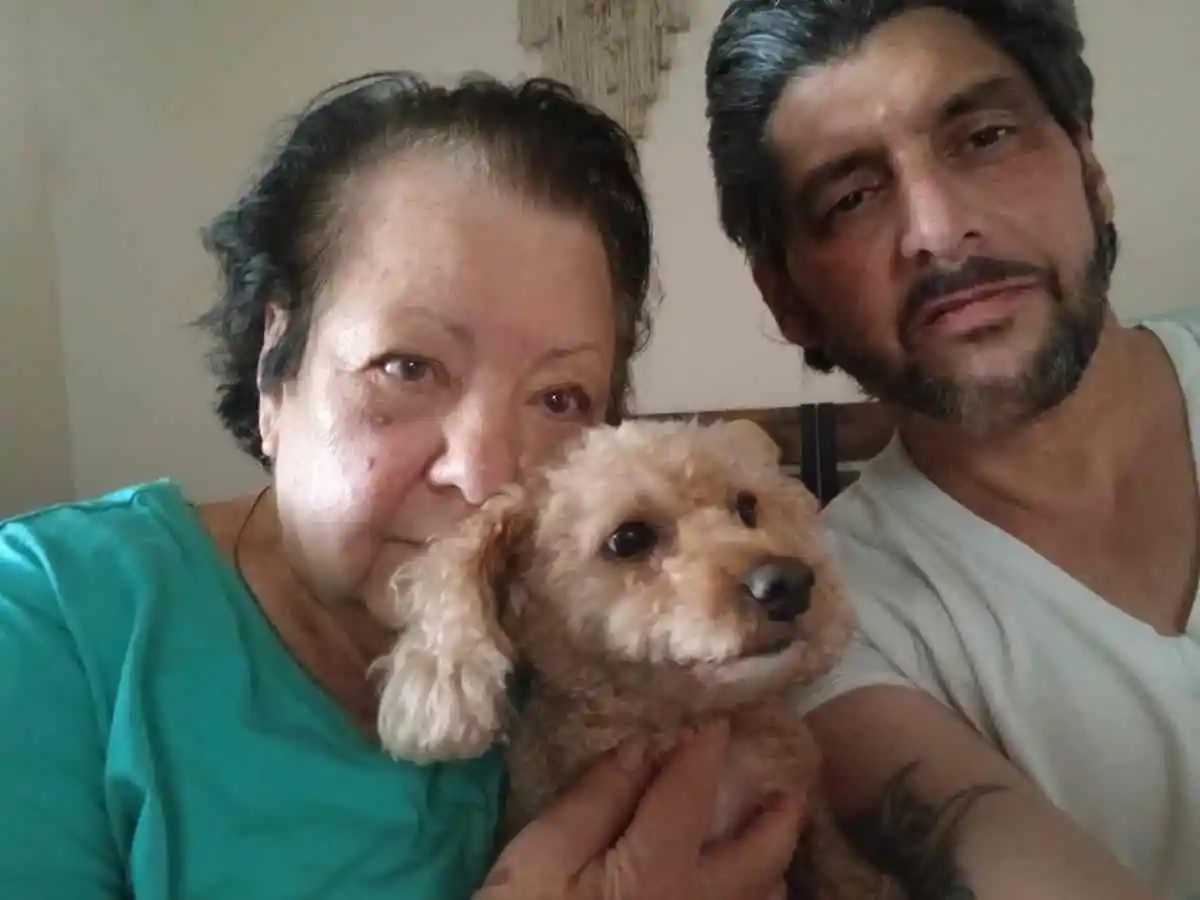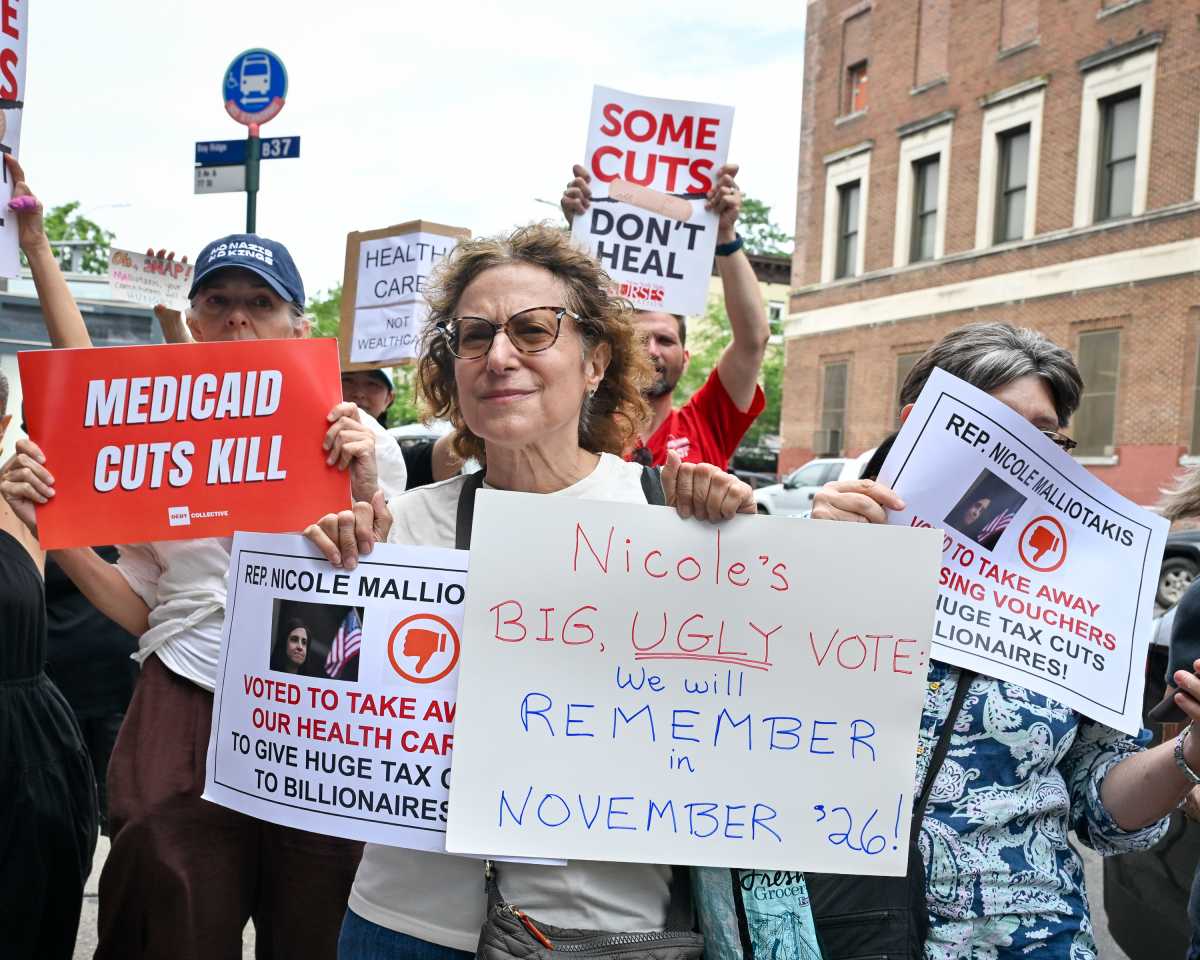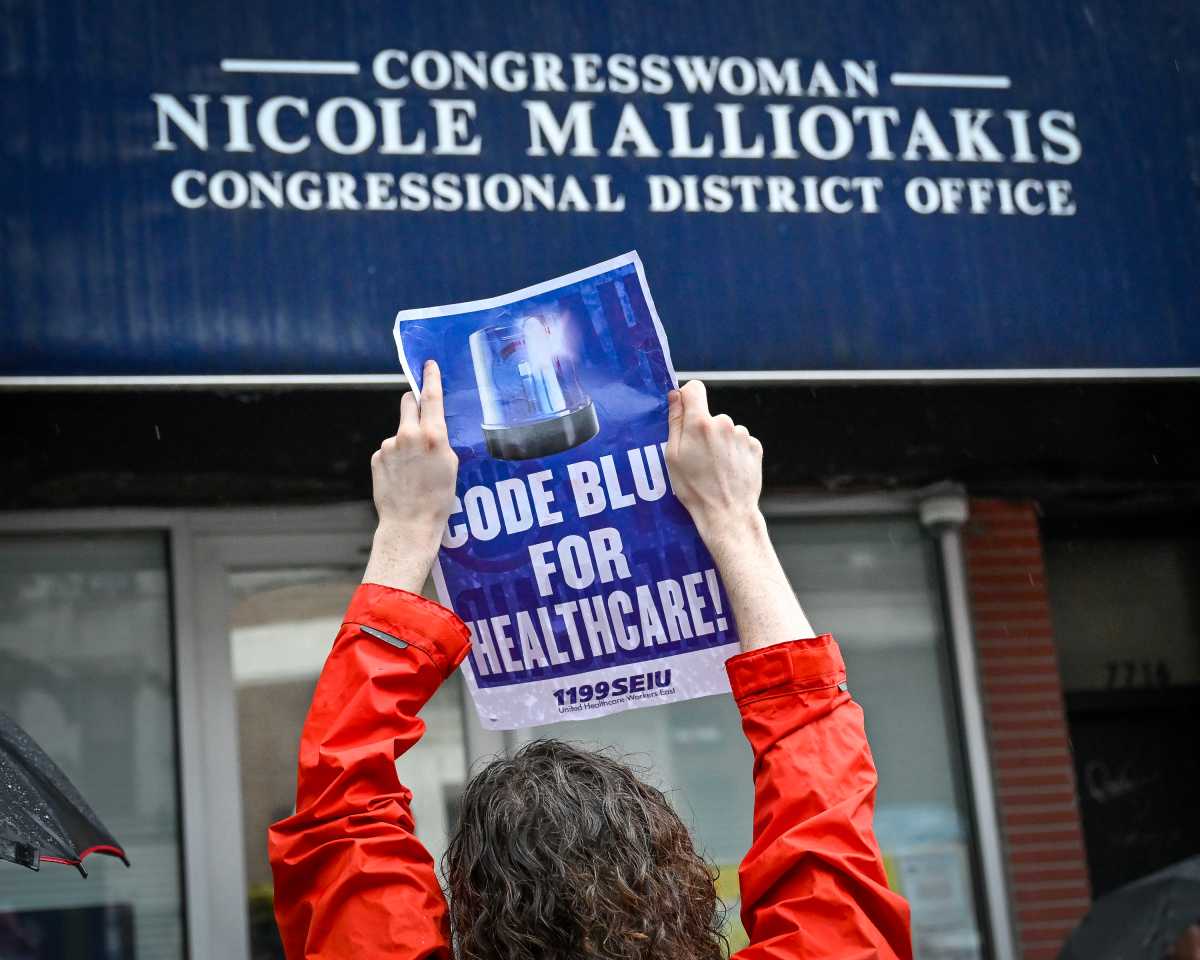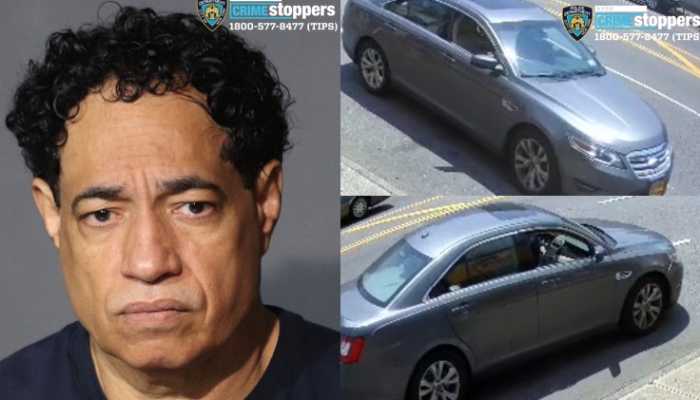The Crown Heights Jewish Hasidic and African-American communities joined together this week at the Brooklyn Children’s Museum, 145 Brooklyn Avenue in Crown Heights, to learn how to help fight the opioid crisis that has taken over America.
Dubbed the Operation Survival’s Opioid Epidemic Conference, the event brought together leading medical and legal experts to discuss the opioid epidemic and address strategies for preventing the misuse of opioids, root causes and cures, resources available to the community, and how the community can stem the tide of destruction.
Among the elected officials who attended and spoke at the event included State Sen. Jesse Hamilton, Assemblywoman Diana C. Richardson, City Council Member and Majority Council Leader Laurie Combo and Democratic District Leader Geoffrey Davis, all of whom represent Crown Heights.
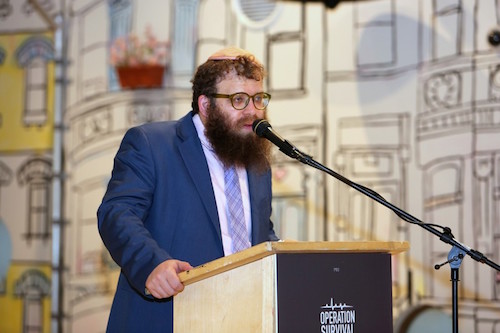
“Only by working together, can we stop this crisis,” said event organizer Rabbi Yaacov Behrman of Operation Survival, who has been working together with Rabbi Shea Hecht, Director of the National Committee for the Furtherance of Jewish Education, to fight addiction.
Over the past 7 years, there has been a significant and constant rise in overdose related deaths in New York City, causing agencies and elected officials as one to change their strategies when it comes to treating addiction.
Jill Harris, Policy and Strategy Counsel to Brooklyn District Attorney Eric Gonzalez, shared with attendees the change in attitude: “Shame prevents people from getting help, because we criminalize drug use, and the major shift in the legal system has been to treat such cases as a health issue, a disease, and avoid criminal charges that pose even more obstacles for those who struggle with addiction since a criminal record will prevent them from getting a job, which will lead to low self-esteem, and send them back on the path to using.”
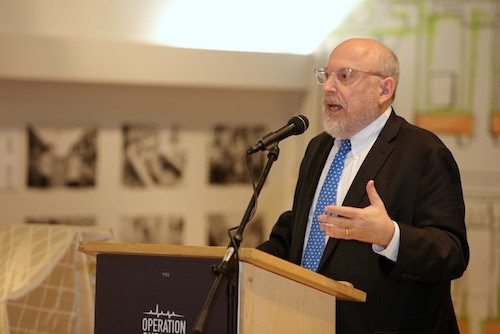
Dr. Brian F. Sands, Section Chief for Substance Use Veteran Affairs (NY), explained that in order to help addicts, one must first understand addiction. He explained that individuals who are socially isolated, unhappy, with no clear goals in life or proper emotional support, are at high risk to develop addiction, stressing that “teenagers are more easily addicted than adults,” and shared a few alarming statistics:
1. 56% of addicts found the drugs they started with in the family medicine cabinet.
2. 16 years of age is when the average user starts taking pills. By the time they reach 20, the majority of addicts will experience an overdose.
3. 25% of people on prescription pain killers will move on to heroin when they can’t access pills due to the high costs in the street.
In response, Dr. Susan Whitely, Director of the Chemical Dependency Services at Kings County Hospital, shared 3 strategies that city agencies have changed in the past years, to combat the problem of opioid addiction:
1. Monitoring prescriptions to 7 days (used to be 30 days).
2. Connecting users to care.
3. Distribution of Naloxone, which reverses opioid overdoses.
Susan Herman, NYPD Deputy Commissioner of Collaborative Policing, stressed that “mental health goes with addiction,” and officers have been trained to use Naloxone — saving 280 lives in 2017. Yet, the numbers of deaths are still rising (1,441 total in the city in 2017 including 350 in Brooklyn alone — more than homicides and car accidents combined).
In response, the NYPD has instituted the “Good Samaritan Law,” in which nobody will be arrested for calling 911 during an overdose. In addition, 2 new treatment centers are slated to open this year as an option instead of actual arrest due to drug use, in which there will be no record of even being there as long as you agree to get said treatment.
Amongst the city officials who took the stage, Patricia Zuber Wilson from OASAS (Office of Alcoholism and Substance Abuse Services), who shared with attendees that she is well aware of the stigma and the secrets people hide about addiction, from personal experience within her own family. Recently, New York has increased the budget to fight addiction, and will be opening a new 24/7 access center in Brooklyn because, “Addicts don’t decide to get help or OD only during regular business hours”.
At the event Hamilton announced he has managed to secure $50,000 from OASAS for Operation Survival’s programs in the community.
Meanwhile, when an addict gets taken into custody by NYPD, the arresting officer notifies CLEAR, a treatment center for addiction, and a peer counselor arrives to assist both addict and police avoid criminal charges for what is recognized as an illness.
Richardson summed up the evening perfectly: “The most important thing is having real conversations with the people around you, because things like depression lead to addiction, and remember — not to judge those who come forward asking for help,” she said.
If you or a loved one is suffering, please call 800-NYC-WELL. To see a full video of the conference click here.


